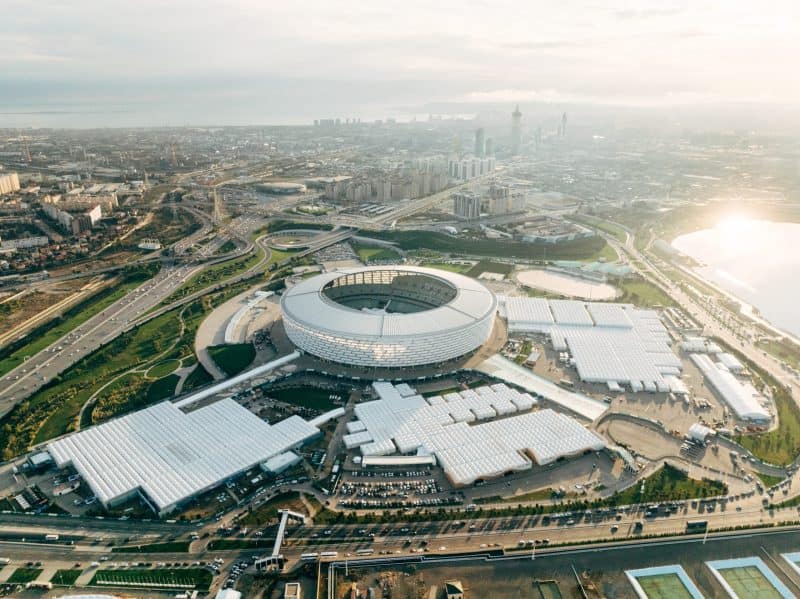
5 Ways Schools Can Engage with COP29 in Baku
As the world gears up for COP29, being held this year in Baku, Azerbaijan from the 11th of November to the 22nd, we reflect on the importance and greater recognition over the last years that young people are key voices to be listened to and involved in the conversation and strategy on climate action.
Even though few will be able to attend the COP in person, we see that schools have an incredible opportunity to engage in this global event, empowering students to get curious, learn, take action, and influence others (creatively). Alongside think critically about the positives and negatives surrounding the COP process itself and it’s ongoing role in adaptation and mitigation to climate change.
Here are five ideas of ways students can get involved with COP29, even from afar.
-
Host a School Climate Summit
Schools can host their own mini or mock COP to simulate the actual climate summit. This activity can involve researching and role-playing countries’ positions, debating climate policies, and drafting resolutions, helping students grasp the complexities of global negotiations. Working together, students can then brainstorm actionable solutions to climate issues that affect their communities. The Inter Climate Network support schools with resources to put their own on. Alongside this they can be engaged to run and facilitate. The Inter Climate Network are running a number this year across the country, collaborating with Just Ideas who are also organising and facilitating the one in Design Nature’s hometown of Reading with Reading Borough Council.
-
Start a Green, Eco Club
Encourage pupils to form a green or Eco club if there isn’t one already. These clubs can focus on climate-related projects, from recycling initiatives to tree-planting campaigns. Members can share updates and news from COP29, discuss what they’re learning, and brainstorm ways to implement positive changes in their schools. Eco Schools is a great resource for schools and helps to provide a framework around Green teams, plans and action. Or the Let’s Go Zero Progamme, again helping schools measure and reduce their GHG emissions.
-
Connect with Youth Climate Activists
Connecting with youth activists who are either attending COP29 or actively campaigning online can be an enriching and empowering experience. Many young activists are open to virtual meetups or Q&A sessions with students. Schools can organize these virtual talks to inspire pupils and give them insight into what it’s like to advocate for change on a global scale. Transform Our World, facilitated by Global Action Plan often help to convene opportunities for this, alongside the UK Schools Sustainability Network . Organisations like Earthrise Studio have also been helping to raise and centre, youth and indigenous voices and stories.
-
Develop a School Climate Action Project
Students can dive into climate science and wider skills, by working on a project based on topics discussed at COP29, such as renewable energy, resource use or climate justice. These projects could range from connected science experiments to community awareness campaigns. By exploring the science and behind climate change, students can deepen their understanding and create ways to communicate these concepts to others. The Clean Air Living Matters: Exploring Reading programme that we run in collaboration with Reading University, Stantec and funded by Defra, is one example of this to get involved with for schools in the Reading area.
-
Write Letters and Start a Petition
Encourage students to think and explore local, national or global issues they care about and routes to make their voices heard, like writing letters to local officials or starting petitions within their school community. They could advocate for policies related to climate change or encourage their school or community to adopt more sustainable practices. This gives pupils a tangible way to influence change, showing them that their voices can make an impact. The PACTS (Politicians Accountable for Climate To Students), programme recently launched by Reboot the Future, SEEd and The Harmony Project could help to provide a framework and resources for this.
COP29 offers a unique opportunity for young people to get curious and connect with climate action on a global scale, exploring ways to “enhance ambition and enable action” learn about critical environmental issues, raise awareness in their communities, and take meaningful steps toward a more sustainable future. The great thing is that many of the resources and activities are also applicable throughout the year.


